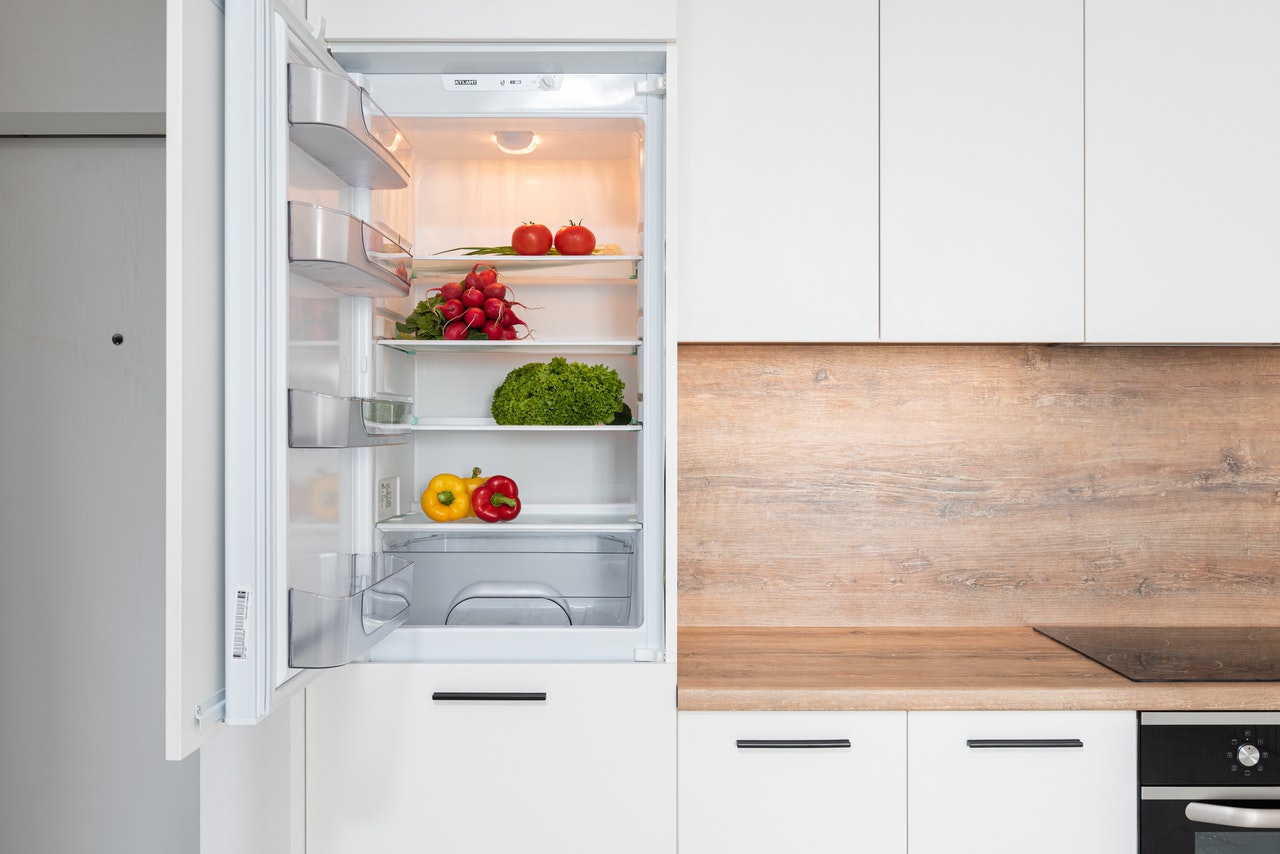Is it a good idea to use a standard fridge for wine storage, or should you purchase an actual wine cooler? In this guide, we'll explain the difference between wine coolers and standard refrigerators, and discuss why wine fridges are the better option.
Why Do You Need a Fridge for Wine Storage?
Let's start off with the obvious question: Why do you need to store your wine in a cool location? Is a cooler only used to improve the taste of your wine or will it provide other benefits too?
Prevent Premature Aging
While wine does taste great when chilled, that’s not the biggest reason to cool your wine. If you plan to store your wine for any length of time, whether it’s two days, two months, or longer, you need to keep it in a cool location to prevent premature aging.
We should also note that most commercially purchased wine is meant to be enjoyed within two years of purchase. However, that two years' expiration date is under optimal circumstances. You can accelerate a wine’s expiration by storing your bottles at room temperature or in notoriously warm places around your home, such as above the refrigerator.
Wine, like any other organic substance, can quite literally cook if left in a warm environment. This will rapidly age the wine, and not in a good way. Heat can seriously impact both the taste and the expiration date of your wine.
The ideal storage temperature for your wine is somewhere between 45° to 65° Fahrenheit. The exact temperature varies based on the types of wine you're storing. For example, whites should be kept at a cooler temperature, while reds are best stored on the warmer side of that degree spectrum. If you plan to store both whites and reds together, 55° is typically a happy medium.

Serve at the Perfect Temperature
When you store wine in a fridge, you can enjoy wine at its optimal serving temperature without having to wait for it to chill in the freezer first. Wine fridge storage is convenient and time-saving. You can store both reds and whites in your wine fridge and then grab a bottle when it’s time to serve. However, if you’re storing both reds and whites at 55°, you may wish to slightly chill your white before serving for optimal taste. This step is optional for wine served with dinner, but it may enhance wine served at a tasting party.
Protect Your Investment
If you're a serious collector, you may have dozens of labels (or more). And after you’ve invested hundreds or thousands of dollars into wine, it makes sense to also invest in a wine fridge. This is especially true if building a cellar is currently impractical for you. Wine fridges will do the job of protecting your wine from the aging and the flavor-destroying effects of heat. When compared to cellars, wine fridges are an affordable alternative. A premium brand wine cooler can be purchased for under $1,000.
What is the Difference Between a Wine Fridge and a Standard Refrigerator?
On the surface, both a wine fridge and a standard refrigerator do the same thing—they provide a space for you to store items and keep them cold. The idea is that cold temperatures preserve food and drink for longer.
And while both wine coolers and home refrigerators perform similar functions, a wine cooler is better suited for wine storage. Here's why:
Warmer Temperatures
Choose a wine fridge because it has a warmer temperature. Yes, warmer.
The temperature for a standard home refrigerator is around 40° F or below. That's important for preventing the growth of bacteria, but it's not ideal for storing wine long term. As mentioned above, wine needs to be stored between 45° F to 65° F, and standard home refrigators aren’t programmed to go that warm.
While excessive cold is not as damaging as excessive heat for wine, it's still not ideal. One major problem with cold temperatures is that the wine may freeze within the bottle. When liquid freezes, it expands. If this happens, the pressure of the expanding liquid can crack the bottle or pop the cork. Either way, your bottle and its contents may be ruined.
However, using a wine fridge will protect your wine from excessively cold temperatures.
Reduced Vibration
Home refrigerators operate with motors and compressors, both of which create vibrations. While these vibrations may be barely noticeable to you, they can create a lot of problems for your wine. Even the most subtle vibrations can disrupt wine's maturation process. This can cause the wine's flavors to turn bitter or acidic. However, wine fridges are built to specifically absorb vibrations. Stored wine can remain still within a wine fridge, ensuring that it stays tasty.
Stores Only Wine
In a standard refrigerator, you’re not only storing wine. You’re also storing foods, including aromatic leftovers. Odor particles can be absorbed into the wine and seriously impact its taste. A package of baking soda may be able to absorb some of the odors in your refrigerator, but don’t count on it taking away everything.
Controls Humidity
Most standard home refrigerators are cold and dry. Manufacturers aim to create a humidity-free environment, which helps to slow down bacteria growth. Moisture is very much unwanted in a home refrigerator. However, humidity is important for long term wine storage. If your bottle has a cork, it needs to be stored in an environment where the cork won't dry out. Otherwise, the cork can shrivel up and allow air to seep into the liquid. This can cause the flavors in your wine to deteriorate immediately. It also affects the color of your wine. While aerating your wine immediately before consumption is a good idea, it's not good to oxidize your wine because of low humidity storage.
The ideal humidity for wine storage is around 70%. A wine fridge can help you maintain that humidity balance.

Optimal Storage
A standard home refrigerator is optimized for vertical storage. However, when you're storing wine bottles, specifically corked bottles, you must lay them on their side. This way, the wine remains in contact with the cork, which will prevent the cork from shriveling up and introducing air into the wine. A wine fridge is designed to store wine bottles on their side, which maximizes space and ensures that the cork doesn't dry out.
Tips for Choosing the Right Wine Fridge
Now that we’ve discussed the benefits of using a wine fridge over a standard home refrigerator, let’s discuss what to consider when choosing the ideal fridge for your collection.
Find the Size That Suits Your Needs
Wine coolers come in a variety of sizes. There are coolers to meet every storage need, from small coolers that hold 50 bottles or less to extra large capacity wine fridges that can hold over 300 bottles.
Decide What Type of Fridge Works Best For Your Space
There are several ways that a wine fridge can be installed into your space. It can be built-in to your space. It can be placed under the counter. Or, if you need to store a lot of bottles, you can choose a freestanding, side-by-side type of fridge that can be positioned wherever it fits best. Check out the different installation types of wine fridges here.
Final Thoughts
While a standard fridge can keep your wine cold, it’s better to opt for a dedicated wine fridge. This affordable solution can ensure that your wine is stored at the ideal temperature and humidity level.
Shop for wine fridges here.


